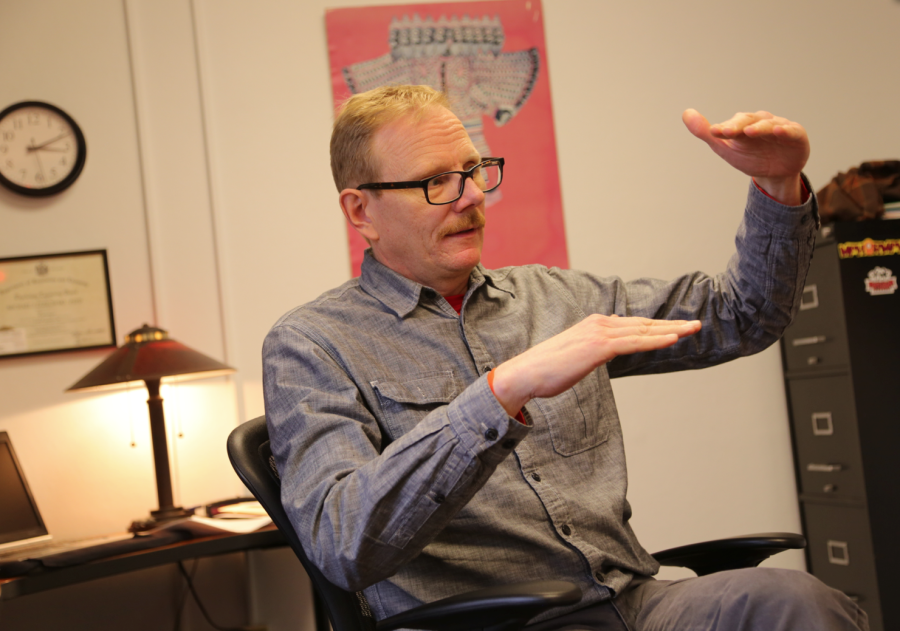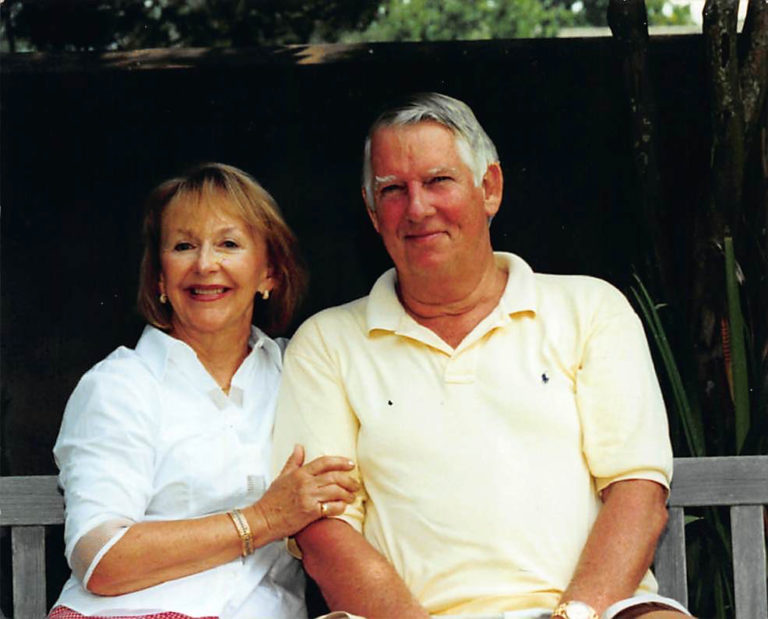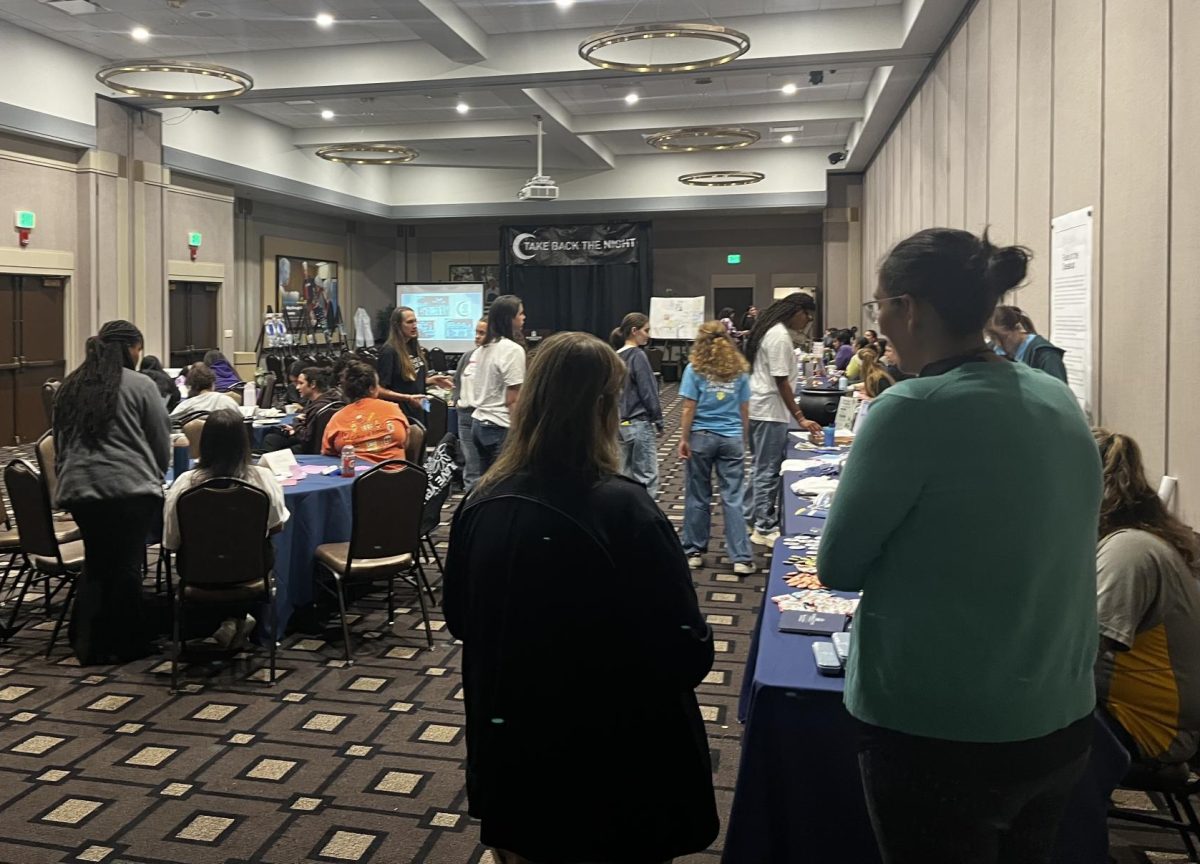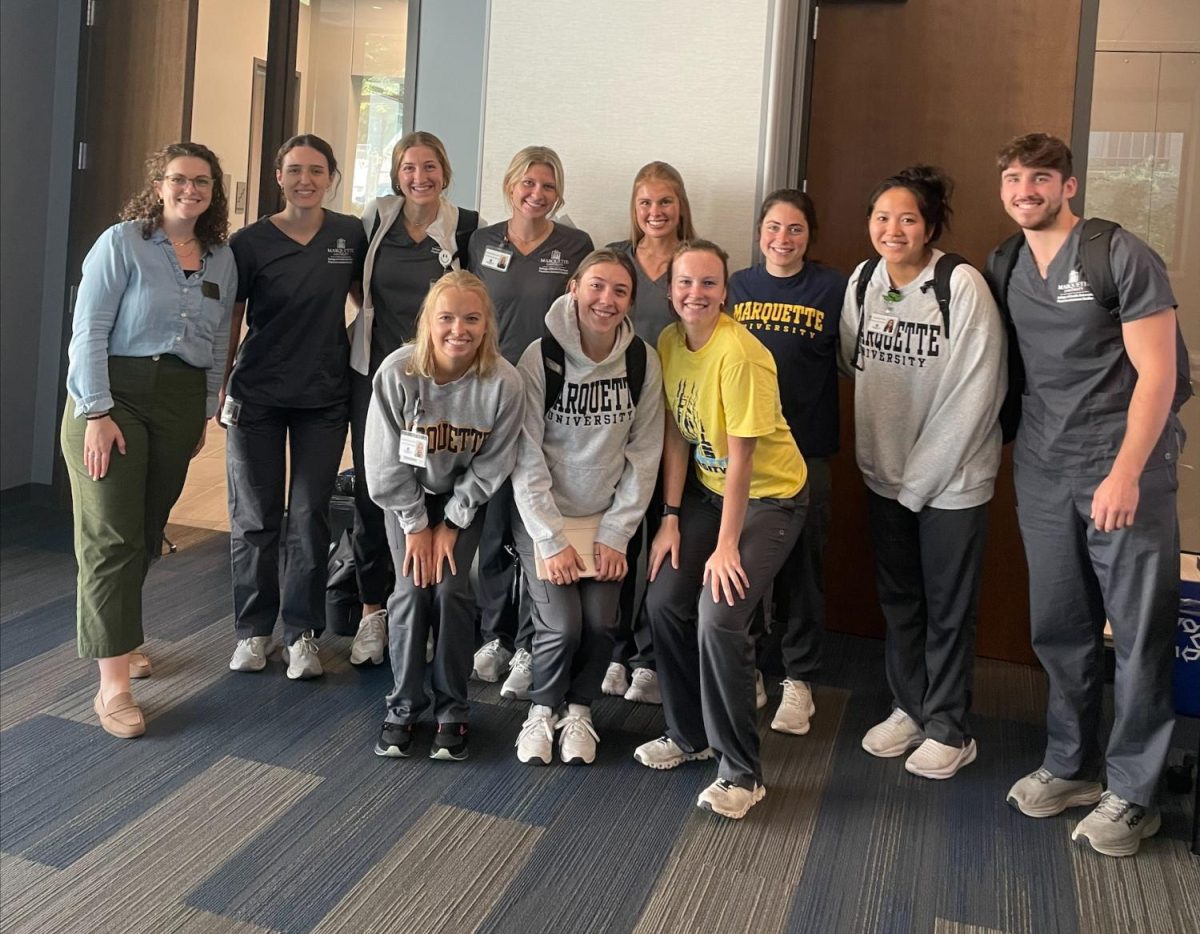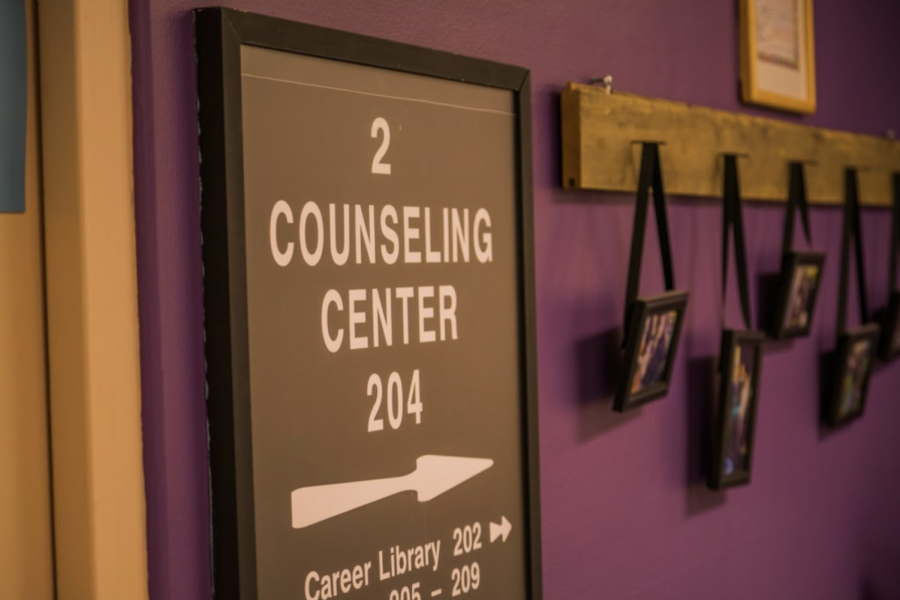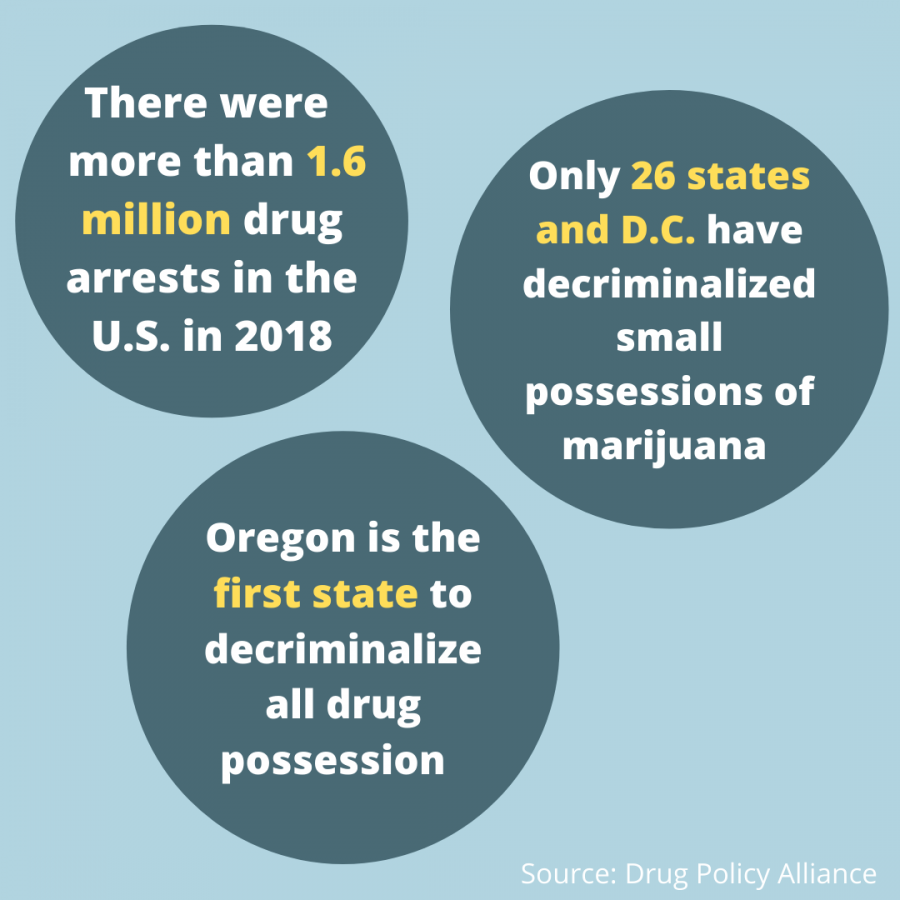The world’s first antidepressant made its debut in 1958 when health care professionals noticed Ipronaizid, a drug used to treat tuberculosis, seemed to make people happier.
Fifty-seven years later, the Charles E. Kubly Foundation donated $5 million to Marquette’s College of Health Sciences for professors in the biomedical science department to continue their work in discovering medicines that can treat mental health illnesses like depression and addiction.
The Kubly Research Center is at the center of an ongoing debate of whether therapy or medication is the best way to treat such illnesses.
The issue surrounds a fundamental question: Does depression have a purely biological origin or do environmental factors also play a role?
In other words, brain researchers may have reason to believe that people with depression have a chemical imbalance in their brain that causes their mood shifts. If this is the case, William Cullinan, the dean of the College of Health Sciences, believes there is potential to find more effective antidepressants.
“If there’s a biology behind the disorder, there ought to be a biological solution,” Cullinan said. “It is frustrating that a lot of people would never consider taking an antidepressant medication who might very well benefit from it, but they would have no trouble taking insulin for their diabetes or even an aspirin for a headache. There’s something about this class of medications that for some people places it philosophically out of bounds.”
Despite misconceptions surrounding the use of antidepressants, the Center for Disease Control and Prevention reported in 2011 that the number of prescriptions written for them had gone up 400 percent since 1988.
But that’s not a matter of addiction. Michael Zebrowski, director of Marquette’s Counseling Center, said antidepressants do not cause withdrawal symptoms or a high and people do not develop a tolerance to them.
He attributed the increase in prescriptions to another factor: primary-care doctors.
“One of our students might go to their primary-care provider and say, ‘I’m feeling depressed,’ and they might say ‘Oh here. Here’s a prescription for Prozac,’ and that may be the end,” Zebrowski said. “To me that doesn’t seem like that’s very good treatment, especially since the research really talks about having both counseling and medications being the most effective.”
He also noted that money could play a role, since purchasing generic antidepressants can be cheaper than paying for a counseling session. Still, Zebrowski emphasized that for some people, the benefits of therapy can outweigh the costs.
Counselors sit with the patient and talk though their experiences while trying to establish behaviors that encourage recovery. The goal is to regain control of the executive control centers of the brain, which do not develop fully until around 24 years of age.
For that reason, Zebrowski said he doesn’t see antidepressant use crowding out counseling in the future.
“I don’t know where I stand on the debate, but I think everyone can benefit from counseling,” said Kelsey Bakken, a graduate student in the clinical mental health counseling program. “I think some people think there is a stigma around it but I think it can help everyone in general.”
It all goes back to a newly-emerging study on brain plasticity. The idea is that the brain is not as stuck in its ways as scientists once believed, but that it is constantly being changed by the environment.
Simply by reading this far into this article, researchers like Cullinan believe that a person’s brain has experienced a change. Cullinan also thinks further brain research could show that antidepressants and cognitive behavioral therapy have the similar beneficial effects on a patient’s mind. Human versions of such research have yet to begin, he said.
In some cases it seems to come down to time. One of the goals of the Kubly Center’s research will be to find drugs that work faster than those currently available. Cullinan said that current drugs can take three to six weeks to work, and in many cases that’s the difference between suicide or not.
Zebrowski, on the other hand, said in many non-suicidal patients’ cases, it takes two to three weeks for therapy sessions to take effect because people need time to think through their emotions and understand their mental illness.
As researchers, doctors and counselors work toward finding the best way to treat their patients, nearly all acknowledge that it is different for each person.
“I think that it’s a timely subject on a college campus,” Cullinan said. “The more information people get about this, the better. It’s not a moral failure. It’s not a personal flaw. It’s not a matter of pulling yourself up by your bootstraps.”
“We’re talking about something much more profound and scary for people,” Cullinan added. “And what we want people to do is seek treatment and get help and recover.”

